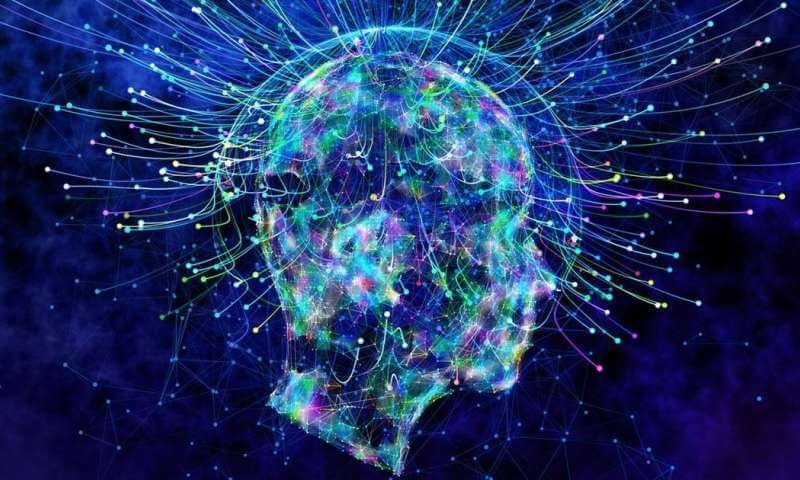These days it is highly fashionable to label consciousness an ‘illusion’. This in turn fosters the impression, especially among the general public, that the way we normally think of our mental life has been shown by science to be drastically mistaken. While this is true in a very specific and technical sense, consciousness remains arguably the most distinctive evolved feature of humanity, enabling us not only to experience the world, like other animal species do, but to deliberately reflect on our experiences and to change the course of our lives accordingly.
A lot of the confusion, as we shall see, hinges on what exactly we mean by both ‘consciousness’ and ‘illusion’.
…
It is certainly true, as the illusionists maintain, that we do not have access to our own neural mechanisms. But we don’t need to, just like a computer user doesn’t need to know machine-language – and, in fact, is far better off for that. This does not at all imply that we are somehow mistaken about our thoughts and feelings. No more than I as a computer user might be mistaken about which ‘folder’ contains the ‘file’ on which I have been ‘writing’ this essay.
Read full, original post: Consciousness is real































